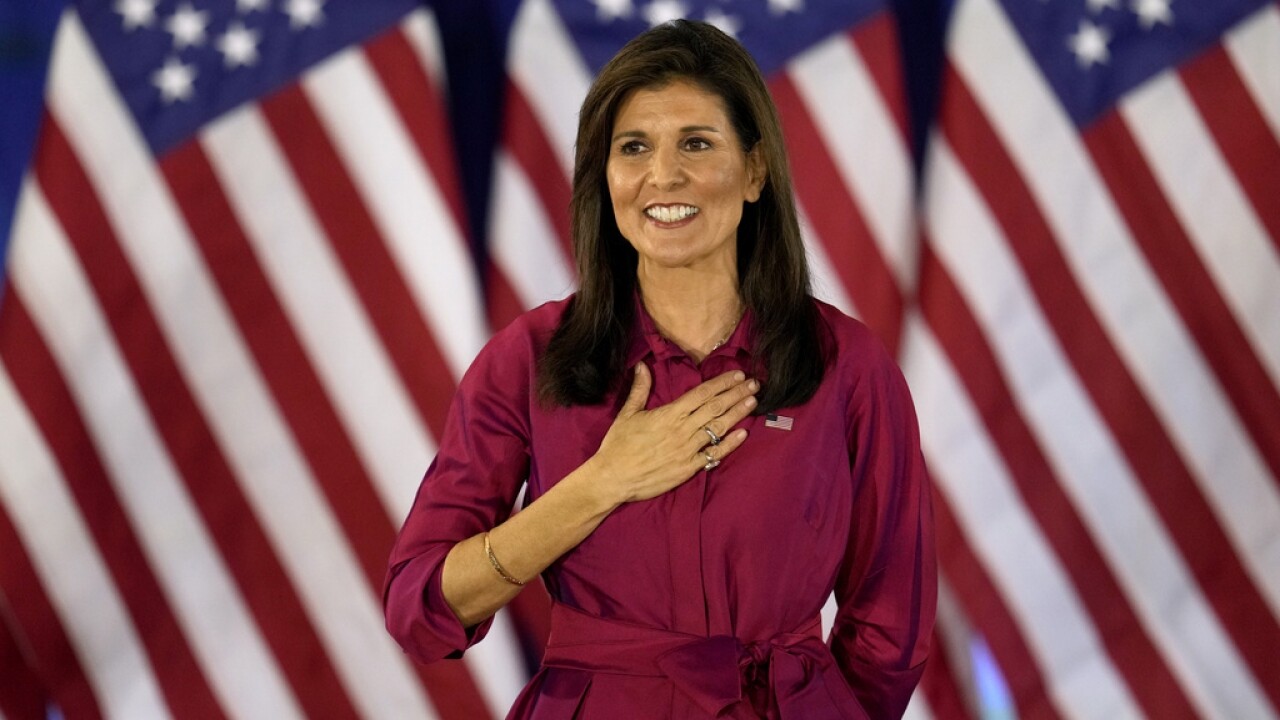Former American soldiers who joined a year ago to create an organization that provides military training to newly recruited Ukrainian soldiers before they are sent to the front against Russian forces are tearing up at each other in court.
The rift between the founding members of the Mozart Group highlights the role of private actors supporting Kyiv on the ground, as the United States and its European allies refrain from stationing soldiers there to avoid escalation with Moscow.
Although the name of the group was chosen to ironically reflect that of the Wagner Group, which includes thousands of mercenaries fighting in Ukraine on behalf of Russia, its operation is very different in principle.
One of the founders of the Mozart Group, Andrew Milburn, a retired US colonel, indicated in several interviews with international media over the past year that members of the organization are unarmed and do not engage in combat.

Photo by Andrew Milburn, Mozart Collection
Andrew Milburn, a retired US colonel, is in Ukraine
Its website specifies that the conscripted ex-servicemen are involved in training Ukrainian soldiers, in particular in handling weapons, and organizing the evacuation of Ukrainian civilians trapped in combat zones. They also provide medical training to enhance the proper care of wounded soldiers.
embezzlement allegations
In an interview in The New York TimesMr. Milburn indicated last October that the Mozart Group employs about 50 people and incurs monthly expenses of about $175,000.
The money is said to come mainly from donations and the sale of products bearing the organization’s name.
Much of the contention within the group stems from the management and use of the funds raised.
Andrew Payne, another former US soldier who presents himself as the creator of the Mozart Collection, claims in a lawsuit filed January 10 in the US that Mr. Milburn set up a third-party subsidiary to divert donations intended for the organization.
It also accuses him of having demanded a monthly salary of US$35,000 for his work in Ukraine, and of having hired an employee with whom he had a relationship at a salary four times higher than was reasonable.
Willing to change organizations
Milburn said in a Twitter exchange on Tuesday that the allegations in the lawsuit were “ridiculous” and would be vigorously challenged in court.
He also claimed that most of the organization’s members “voted with their feet” in siding with him and would continue to actively support the Ukrainian forces and people, perhaps under another name, if necessary.
In a recent online post, Milburn accused Payne of working for Russia, a comment he wrote in a fit of rage.
Mr. Bean indicated a few days ago to The Intercept, which disclosed the existence of the lawsuit, that these statements come to fuel the defamation allegations that appear in the procedure. The attorney representing him, Scott Siddall, has not responded to our messages.
“the money is flowing”
Eric Denisier, who heads the French Center for Intelligence Research in Paris, notes that “money is pouring” into Ukraine and leading to an influx of US private military companies.
A recent report by the center indicates that there are six companies of this kind that are particularly active in the field of military training and distribution of supplies in sensitive areas.
A similar outpouring has been seen in Iraq and Afghanistan, notes Mr. Denigge, who has made it clear that he has no indication that members of the Mozart Group are actively participating in the fighting.
Pro-Russian propagandists accuse its members of being mercenaries for pay for the United States while ignoring the actions of the Wagner Group, which is openly proud of playing a leading role in the fighting, particularly in the Donbass.
Mark Kersten, a criminologist attached to the University of Fraser Valley, in British Columbia, points out that the Geneva Conventions state that a foreign national who supports one of the parties to a conflict cannot legally be considered a mercenary if he is not directly involved in the fighting.
It must also be shown, to justify such a designation, that the mercenary is motivated by the temptation of profit and that he has been promised a reward much higher than he deserves for similar jobs in the army he supports, notes Mr. Kerstein.
In light of their known activities, the members of the Mozart Group do not seem to fit the legal definition of a mercenary, explains the professor, whose choice of the organization’s name is unwise.
“If you don’t want to appear as a mercenary, it’s best to avoid adopting a name that refers to a well-known mercenary organization [comme le groupe Wagner] “, Concludes.

“Total coffee aficionado. Travel buff. Music ninja. Bacon nerd. Beeraholic.”








